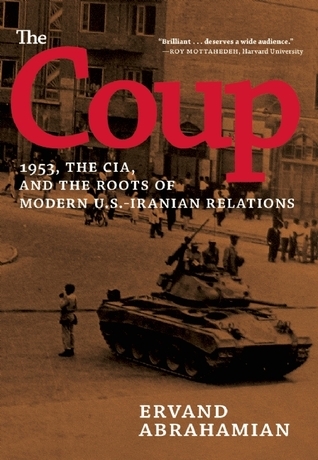
The Secret War with Iran: The 30-Year Clandestine Struggle Against the World's Most Dangerous Terrorist Power
Book Description
A shadowy battlefield unfolds, concealed from the public eye, as a relentless struggle rages between two enemies: Israel and Iran. For three decades, espionage, covert operations, and high-stakes diplomacy have defined this secret war, marked by betrayal and bloodshed. Ronen Bergman unveils a gripping saga filled with daring missions and moral dilemmas, revealing how intelligence operatives confront the world's most dangerous terrorist regime. As the stakes rise and tensions boil over, the question looms: can the cycle of violence ever be broken, or is the world destined for an even darker conflict?
Quick Book Summary
"The Secret War with Iran" by Ronen Bergman provides a gripping account of the clandestine struggle between Israel and Iran over three tumultuous decades. Focusing on the shadowy domain of intelligence and covert operations, Bergman exposes daring missions, assassinations, cyber warfare, and high-level diplomacy that have shaped the ongoing conflict. Drawing on interviews and declassified sources, the book reveals how Mossad and Iranian intelligence operatives navigate shifting alliances and profound moral dilemmas in pursuit of national survival. Riveting and meticulously researched, Bergman’s narrative analyzes the motives, strategies, and human costs behind the operations that have defined a hidden battlefield, raising profound questions about security, ethics, and the potential for peace or escalation in the Middle East.
Summary of Key Ideas
Table of Contents
Espionage and Covert Operations as Tools of Statecraft
The origins of the clandestine struggle between Israel and Iran can be traced back to the aftermath of the 1979 Iranian Revolution. Initially, Iran and Israel experienced covert cooperation in the face of common threats, but following the rise of Ayatollah Khomeini, the relationship mutated into deep-seated enmity. Iran’s support of proxy groups like Hezbollah marked a significant shift, prompting Israel to prioritize intelligence gathering and preemptive actions to protect its interests and citizens. This context set in motion a cycle of tit-for-tat war in the shadows, unseen by the global public.
The Intelligence Rivalry: Mossad vs. Iranian Agencies
Espionage quickly became the primary means by which both states sought to neutralize threats and gather critical intelligence. Bergman provides vivid accounts of daring assassinations, sabotage missions, and the deployment of sophisticated technologies such as cyber warfare. Mossad’s operations, including strikes against Iranian scientists and nuclear facilities, are juxtaposed with Iran’s own clandestine activities, both regionally and globally. The shadowy tactics highlight both the ingenuity and ruthlessness that define clandestine war, while also exposing vulnerabilities in each side’s security.
Moral and Political Dilemmas of Clandestine War
As the secret conflict escalated, intelligence operations consistently blurred the lines between strategic necessity and ethical restraint. Bergman uncovers the moral dilemmas faced by operatives, from targeted killings to the collateral damage inevitable in such operations. Political leaderships in both countries are shown to grapple with decisions that pit national security against broader ethical concerns, illuminating the high human cost carried by those on the frontlines and the societies they protect.
Technological Evolution in Espionage and Warfare
Throughout the narrative, technological innovation emerges as a driving force behind the evolution of this clandestine conflict. The development and use of advanced surveillance tools, drones, and cyber weapons up the stakes, making traditional notions of warfare increasingly obsolete. Bergman chronicles how both Israel and Iran seek supremacy through talent and innovation, leading to game-changing breakthroughs—such as the Stuxnet attack on Iran’s nuclear program—and redefining the operational landscape for intelligence agencies worldwide.
Long-Term Impact on Regional and Global Stability
Ultimately, the ongoing secret war has far-reaching consequences not only for Israel and Iran, but for broader regional and global stability. The entangled web of alliances, the perpetuation of proxy wars, and the risks of escalation underscore the fragility of peace in the Middle East. Bergman ends with stark questions: Can the cycle of clandestine violence be broken, or is further conflict inevitable? Through this insightful exploration, the book leaves readers weighing the high stakes and uncertain future of security, diplomacy, and war in one of the world’s most volatile regions.
Download This Summary
Get a free PDF of this summary instantly — no email required.





